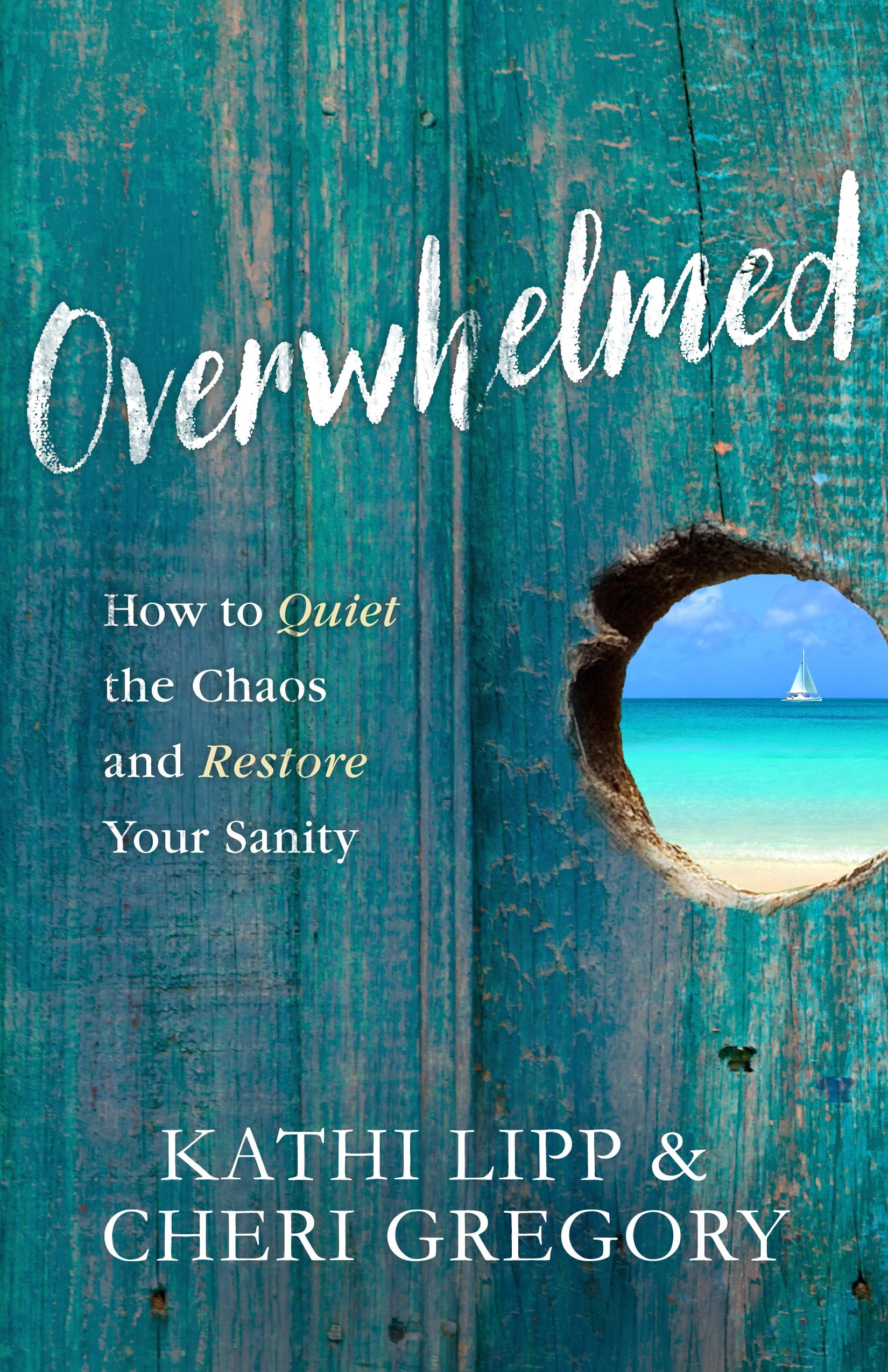
Sabbath says that, for 24 hours, I'm going to truly trust that it's not all up to me. God is faithful to what He says, and He doesn't need my tiny efforts to accomplish His huge will. Have I elevated my efforts so much that I think God needs me to accomplish His will? When did I stop looking at serving Him as a privilege and start thinking serving Him is just another item on my to-do list?
What Should a Sabbath Look Like?
When Roger and I told a family member we observed Sabbath, she desperately wanted us to provide a list of our do's and don'ts so she could make sure we weren't doing anything that would "break" Sabbath. “I better not catch you on Facebook on Sunday! That would be breaking the Sabbath!” “Cooking is work! You’ll be breaking your Sabbath.”
Yeah. We didn’t give her a list of our “rules.” (Another group was famous for a list of rules—they were called Pharisees.)
Also, we don’t always observe Sabbath on Sundays. And I’m glad others don’t always observe on Sundays as well (nurses, emergency room doctors, and police officers come to mind).
Here are our two overarching principles for Sabbath:
1. Stop working. Sabbath is a chance to break from what you do every single day. This stop from work does two things for us: First, it provides the rest God says we need. Second, it’s an act of faith that says we trust God to provide for our needs.
2. Connect with God and people. Our first priority on Sabbath is to worship God with other believers. Our second priority is to connect, either with each other or with friends and family. Nothing else is scheduled, so there is no pressure to rush conversation, rush dinner, or rush people. We can linger, talk longer, and love well when there isn’t a meeting scheduled, an appointment to run to, or items on to-do lists to accomplish.
How Sabbath-Keeping Keeps and Protects You from Overwhelmed Living
The crazy thing? Sabbath is a productivity tool. Here is how protecting those 24 hours helps you to actually be more productive:
You learn the art of thinking ahead.If you don’t rely on Sunday to get that report done for work, it’s
amazing how much more you get done on Friday. You get focused about completing your work in six days instead of seven.
For so many years I got it wrong. I used my Sabbath to prepare for the rest of the week, when I should have used my week to prepare for Sabbath.
You get intentional. Now that I know the Sundays when we're home are for connecting, we make a plan. We invite people over or jump in the car and go to the beach. We do something that will restore us. There is a lot less TV watching and a lot more people loving.
Sabbath Rest
For those who are looking for a list of guidelines (not rules), here are some things we do to make Sabbath a reality more often than not.
1. Choose 24 hours that work for you. Some people choose all day Sunday for their Sabbath; others choose sundown to sundown. Roger and I had to look at our own schedules and see what would work for us. Roger is a quality engineer with a big tech company. Often times, he needs to prep Sunday nights for Monday morning meetings. So we decided Saturday dinner to Sunday dinner would be our default Sabbath. (Default because sometimes I’m teaching the entire weekend at a retreat and don’t get to take a break until Monday.) Knowing what works for us has lessened the pressure to get Sabbath “right.”
But when we know we’ll be working on Sunday, we choose another day to rest and restore.
2. Prep for Sabbath. This week, I went to the grocery store on Monday and purchased what I would need for the rest of the week. Roger and I will be going out of town for several days and not coming home until Sunday.
I’ve found one thing that makes me really relax for Sabbath is to think ahead, anticipate my needs and the needs of my family, and make it all happen before Sabbath arrives.
3. Keep a Sabbath mentality all week. When you have clearly defined times to rest, worship, and work, it becomes much easier to focus on the task at hand and get it done. It’s the Vacation Principle. Think how productive you are at work the week before vacation. Long overdue answers to e-mails are sent, projects are put to bed, and you even clean out the drawers in your desk that have that faint but truly weird smell. A deadline is a motivator to kick butt. Because you know you’ll be “off” for a week, you want to get everything possible done.
It’s the same with Sabbath. When you know you have Sunday set aside, suddenly everything you’ve been putting off finally gets done. Since you won’t be working on Sunday, you get the report in on Friday before you leave the office. Since you won’t be going to the grocery store on Sunday, you get the fridge cleaned out, make a grocery list, and get supplies on Saturday morning.
As free-spirited as I am, all this rigidness used to make me panic. And for so long, I resisted the whole Sabbath thing because I had so much to get done. But I also craved relationships and rest and relaxation. I’d lost all my spontaneity.
But now that I know I don’t have to be productive again until seven o’clock on Sunday evening, Roger and I can drive to Monterey for the day. There’s nothing else we have to do.
There’s nothing else we have to do.
When was the last time you were able to say that?
Oh sure. Work is waiting for you. Household chores need to be done. Bills have to be paid and you have responsibilities to attend.
But on Sabbath God assures you, Not today. Today, there’s nothing else you have to do.

Kathi Lipp is a national speaker and of the author of 17 books, including Clutter Free, The Get Yourself Organized Project and the Publishers Weekly best-selling title The Husband Project. Kathi and her husband, Roger, live in San Jose, CA and are the parents of four young adults. Her official web site is www.KathiLipp.com.







